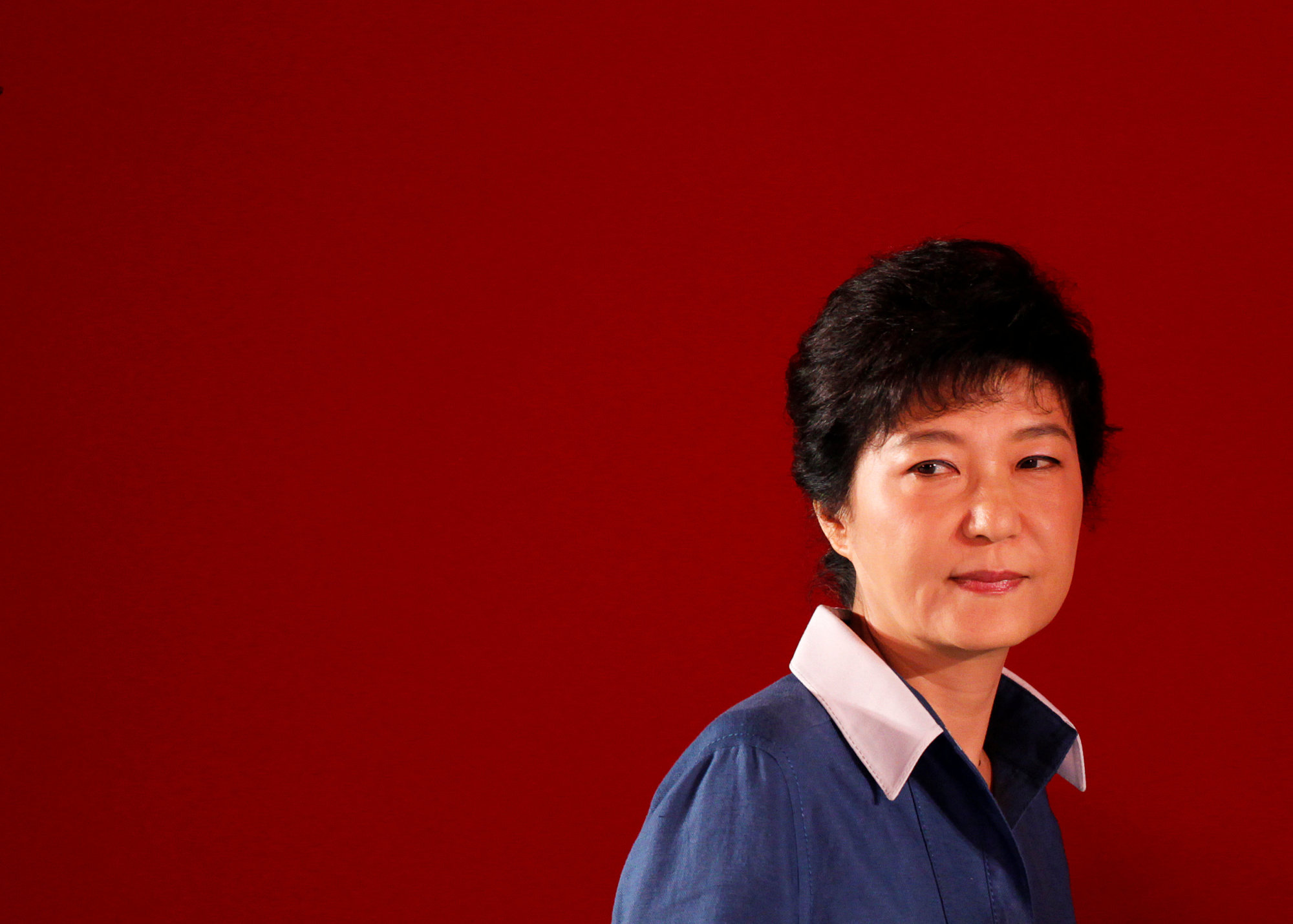It began with a nuclear explosion and ended with a street party where some 800,000 people sang and smiled in the freezing Seoul sunshine to celebrate the impeachment of their president. Even for a country with a modern history as tumultuous as South Korea, 2016 has been an eventful year.
This was the year that a confluence of business failures, political scandal and economic malaise brought the strongest signs yet that the system that made South Korea a global industrial powerhouse may be about to change. In the past few weeks, that system — an alliance of the political elite and the families that run the country's huge "chaebol" conglomerates — became the focus of an outpouring of anger as hundreds of thousands of protesters gathered each week, demanding the removal of President Park Geun-hye.
The trigger for the president's downfall was anger at often lurid revelations about the influence of Park's friend Choi Soon-sil and the possible involvement in the scandal of the nation's biggest companies. Prosecutors raided chaebol offices and lawmakers demanded to know why those corporate groups donated tens of millions of dollars to foundations Choi controlled. Choi, whose lawyer has denied most of the allegations, has been indicted for attempted coercion and abuse of authority.

















With your current subscription plan you can comment on stories. However, before writing your first comment, please create a display name in the Profile section of your subscriber account page.